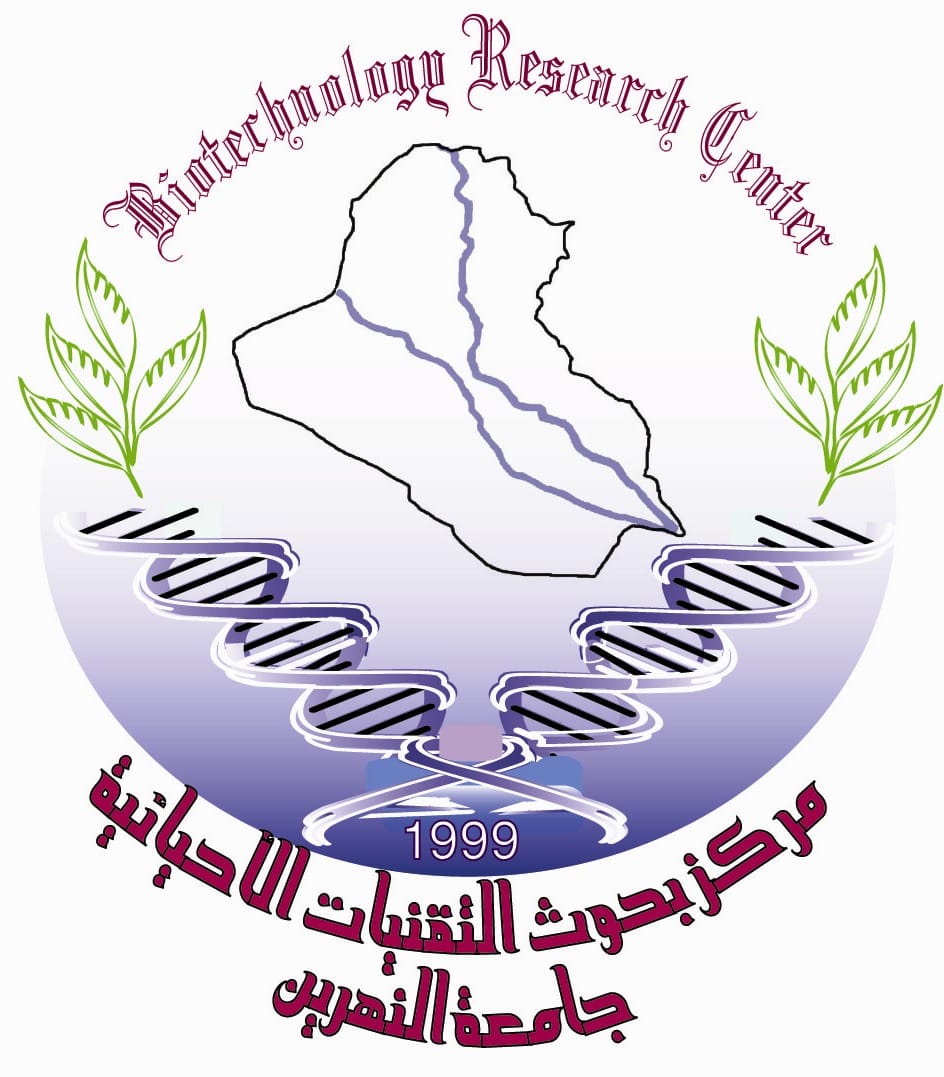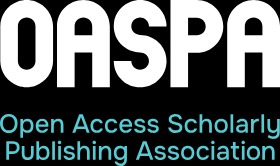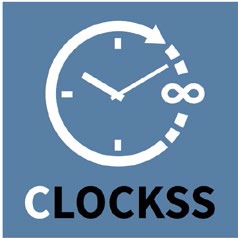Publication and malpractice Policy
Publication Ethics
Publication Ethics
Publication Ethics and Publication Malpractice Statement
The publication ethics and publication malpractice statement is mainly based on the Code of Conduct and Best-Practice Guidelines for Journal Editors (Committee on Publication Ethics, 2011).
Following the Committee on Publication Ethics (COPE) the journal follows the COPE guidelines on how to deal with potential acts of malpractice. COPE was established to provide a range of services and products aimed primarily, but not exclusively, at editors and publishers of academic journals and to provide advice and guidance on best practice for dealing with ethical issues in journal publishing. COPE consults editors and publishers on all aspects of publication ethics and, in practically, how to handle cases of research and publication misconduct. It is possible to find an example of a recognized publication ethics and malpractice statement at https://publicationethics.org/files/2008%20Code%20of%20Conduct.pdf. A code of conduct and guidelines can be found at https://publicationethics.org/resources/guidelines. All the editors, authors and reviewers of the our Journal agree upon standards of proper ethical behavior and accept the responsibility for fulfilling the following duties and responsibilities as set by the COPE Code of Conduct for Journal Editors (https://publicationethics.org/resources/guidelines ).
Duties of Editors
Editors evaluate submitted manuscripts exclusively on the basis of their academic merit (importance, originality, study’s validity, clarity) and its relevance to the journal’s scope, without regard to the authors’ race, gender, sexual orientation, ethnic origin, citizenship, religious belief, political philosophy or institutional affiliation. Decisions to edit and publish are not determined by the policies of governments or any other agencies outside of the journal itself. The Editor-in-Chief has full authority over the entire editorial content of the journal and the timing of publication of that content.
Confidentiality
Editors and editorial staff will not disclose any information about a submitted manuscript to anyone other than the corresponding author, reviewers, potential reviewers, other editorial advisers, and the publisher, as appropriate.
Disclosure and conflicts of interest
Editors and editorial board members will not use unpublished information disclosed in a submitted manuscript for their own research purposes without the authors’ explicit written consent. Privileged information or ideas obtained by editors as a result of handling the manuscript will be kept confidential and not used for their personal advantage. Editors will recuse themselves from considering manuscripts in which they have conflicts of interest resulting from competitive, collaborative, or other relationships/connections with any of the authors, companies or institutions connected to the papers; instead, they will ask another member of the editorial board to handle the manuscript.
Publication decisions
The editors ensure that all submitted manuscripts being considered for publication undergo peer-review by at least two reviewers who are expert in the field. The Editor-in-Chief is responsible for deciding which of the manuscripts submitted to the journal will be published, based on the validation of the work in question, its importance to researchers and readers, the reviewers’ comments, and such legal requirements as are currently in force regarding libel, copyright infringement and plagiarism. The Editor-in-Chief may confer with other editors or reviewers in making this decision.










